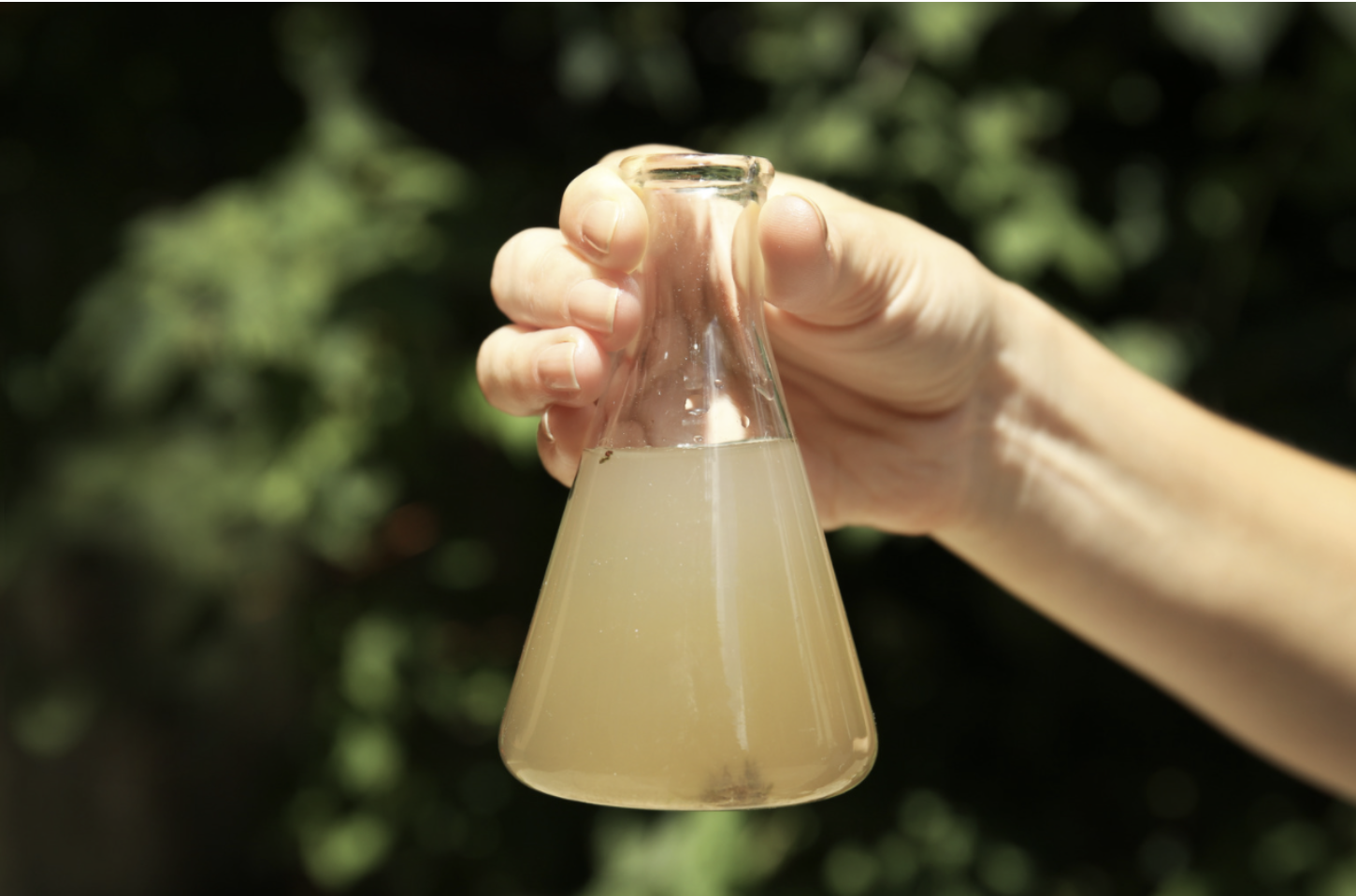Amebiasis, a complex parasite infection, is a leading cause of diarrhea worldwide. As a result of limited research and understanding, renewed attention is required to help combat this infection of poverty. According to research by the National Institute of Health, the goal is to “develop innovative and inexpensive point-of-care diagnostic and surveillance tools, novel treatment options, and effective preventive strategies to help end amebiasis transmission.”
5 Reasons We Need To Spread Awareness
Also known as amoebiasis or amoebic dysentery, amebiasis is a global health problem that exists largely in places of poverty. By spreading awareness of this intestinal infection, we can help promote research, improve diagnosis, and increase treatment.
Here are five reasons why neglecting amebiasis could come back to “bite us in the gut.”
- Amebiasis is a Leading Cause of Severe Diarrhea Worldwide
Anyone can contract amebiasis, but it is more common in impoverished communities where there are poor sanitary conditions. Globally, amebiasis is a leading cause of diarrhea, and it affects millions of people yearly. It is ranked one of the top 15 causes of diarrhea among children two years old living in developing countries.
- Amebiasis Can Be Transmitted Sexually
Amebiasis is transmitted when a person ingests entamoeba histolytica cysts found in feces-contaminated water, soil, or fertilizer. This can look like drinking contaminated water or touching a contaminated surface and bringing your hands to your mouth. It can also be sexually transmitted through oral-anal sex with an infected person.
- Amebiasis Spreads Easily
Because entamoeba histolytica cysts have a low infectious dose and relative resistance to chlorine, it can be difficult to manage contaminated food and water. Amebiasis is more likely to spread in environments where large groups live together with poor sanitation, such as in impoverished areas, militaries, and jails. It’s important to treat infected individuals as soon as possible to mitigate the spread of disease.
Oftentimes, diagnosis can be difficult because some people don’t experience any parasitic symptoms, such as diarrhea, stomach pain, and stomach cramping, and other parasites look similar to E. histolytica under a microscope. - If Undiagnosed, Amebiasis Can Lead To Further Complications
If amebiasis is untreated or undiagnosed, it can cause more severe health problems, such as mucosal inflammation and colonic ulcers, as well as the parasite infection spreading to extraintestinal sites. Additionally, fulminant disease is possible, but it’s extremely rare with only 1 to 2% of infections.
- There’s No Vaccine For Amebiasis
Another important reason for increased amebiasis awareness is that there’s no effective vaccine to prevent infection or decrease severity. The only way to manage the spread of amebiasis is by diagnosing and treating infected individuals, and treating the source of the problem, such as the contaminated water source.
Treatment: HUMATIN™ (Paromomycin Sulfate) Capsules
As one option to treat acute and chronic intestinal amebiasis, doctors can prescribe HUMATIN™ (paromomycin sulfate) capsules, a broad-spectrum antibiotic. When prescribing HUMATIN™, it’s important to monitor for overgrowth of other organisms, such as fungi. Similar to other antibiotics, HUMATIN™ should be taken for the full prescribed course of therapy.
Note: To reduce the development of drug-resistant bacteria and maintain the effectiveness of HUMATIN™ capsules and other antibacterial drugs, HUMATIN™ capsules should be used only to treat or prevent infections that are proven or strongly suspected to be caused by susceptible bacteria. When culture and susceptibility information are available, they should be considered in selecting or modifying antibacterial therapy. In the absence of such data, local epidemiology and susceptibility patterns may contribute to the empiric selection of therapy.
For more information about HUMATIN™, please click here to see the full prescribing information, or visit our website.
